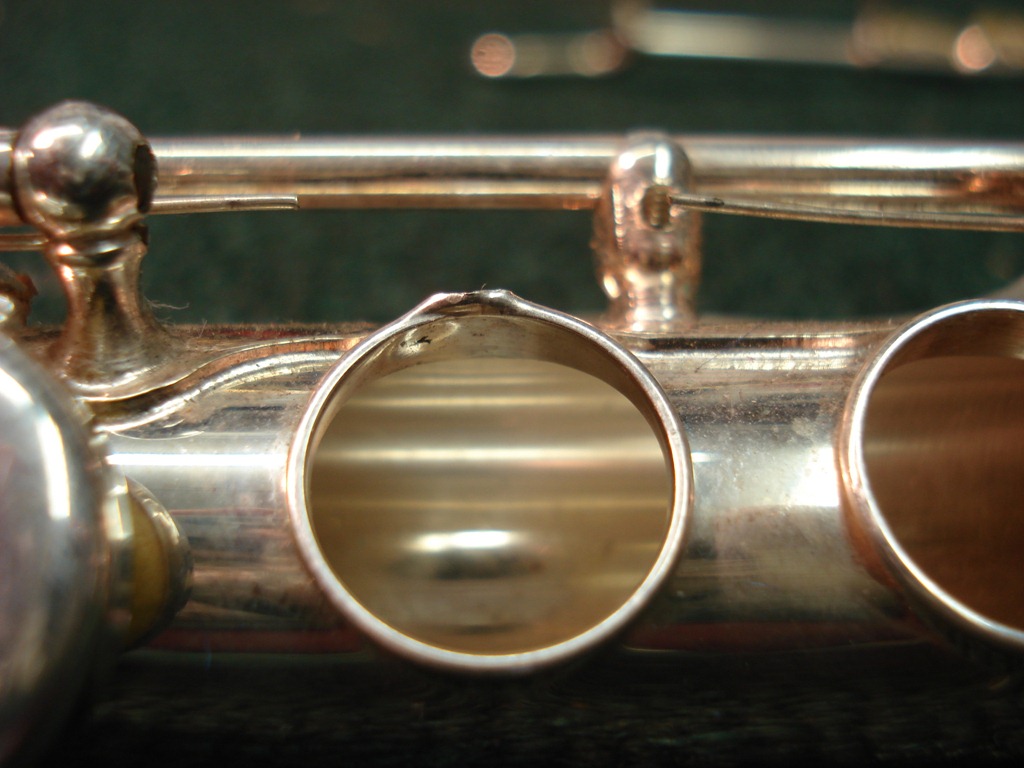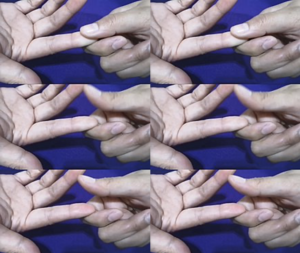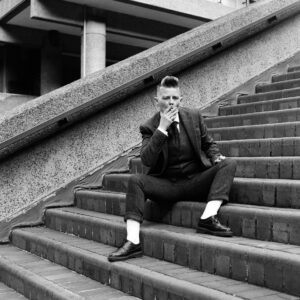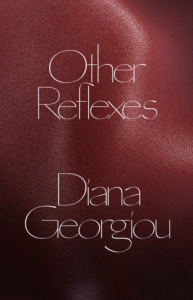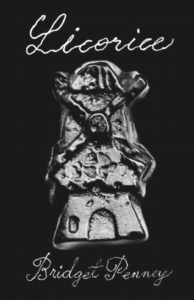Sonic Memories – Saskia Vogel
This piece was commissioned by Book Works in response to Diana Georgiou’s novel, Other Reflexes. We asked five writers and artists to each respond to one of the book’s chapters, each themed around a particular sense, with a text-based work of some kind. Here, Saskia Vogel responds to the prompt of ‘sonic memories’ with a letter to the author reflecting on listening, attention and desire.
Diana, thank you, first, for the invitation to respond to Other Reflexes. At the end of your prelude, I gasped in recognition – at your impulse to explain to your love why your ‘relationship to listening is a little strained’, and at the patience behind the statement that once your love has read what you have written, you will be there, waiting and ready to listen to what they have to say.
I was reminded of those hot early days of love when some of the deepest, most attentive listening seems to take place. Two would-be lovers tend to speak with uncommon openness and candour. There’s a freedom when we are strangers, when we don’t know too much, when we are charged with desire. There are no stakes, one might think, because this is either temporary or eternal. Or perhaps one thinks that speaking freely is possible precisely because it is new, and this time, one will show up fully, honestly, right from the start to give this new thing the best chance at, yes, what?
In Berlin in 2015, Kaija Saariaho’s six-minute piece for cello and flute ‘Oi Kuu’ was played at the launch of an issue of a literary magazine. I remember sitting next to my husband, excited and hesitant about being in this new city, our new lives germinating, still feeling the tug of what we’d left behind. He is a musician. He has musician’s ears. I tend to forget this. Noise doesn’t really bother me. I stomp and I slam. I listen to music on any speaker; I can appreciate, but have never needed, a sound system. I am loud when we fight; I forget that at a certain pitch, he can’t hear me. But I reach that pitch because all I want then is to be heard and to be echoed in a specific way.
Saariaho has been described as a composer who turns her inner states into music, who hears music in her mind, in dreams, and makes of what she gleans into compositions for us to hear. On BBC Radio 3, Tom Service talks about how in playing, straining, stretching a single note, Saariaho can reach into the deepest abyss, but also up to a shimmering halo. Between his mention of the abyss and the halo, a figure takes shape in my mind, a body of shadow and light, a resonant chamber.
The flautist in Berlin plays a note, strained and high, a screech, like a sharp pinch. I listen to ‘Oi Kuu’ on YouTube, waiting for that pitch, but it doesn’t appear. Was it an interpretation? A mistake? ‘Flutes’, my husband would later say, matter of fact, and I would come to regard flutes with his sense of danger. As the flautist plays the note, my husband winces in pain. There it is, he says. And there it stays, the pain. He takes the pain and ringing in his ear out of the auditorium, into the U-Bahn, our apartment, our everyday. It lasts so long, I am surprised each time he says that his ear is still bothering him. Why do I forget in-between? Is it just this simple thing: it’s not happening to me?
I hear a statistic, source uncertain, but the idea of it makes sense, so let’s go with it. Sixty percent of what people say passes us by. Is the forty per cent of what Saariaho hears in dreams what she brings to us? And which forty per cent of her composition do we hear? When I think of ‘Oi Kuu’ I remember an oceanic creak and sway, and also that pitch, and the reminder of his pain – how I am now mindful of flutes and when our toddler says ‘It’s too noisy.’
I think of Keats’s negative capability, a notion that describes the pursuit of a vision of beauty even as it passes through confusion or uncertainty, a disorganised state; you just have to wait it out, wait for things to settle, not knowing who or how you will be when you get to the other side.
Your consideration of the senses has made me wonder about listening, what I mean by it, and what I am actually doing. I think of my lovers in their early days, when my desire rose to a clamour. This desire set me in pursuit of a certain beauty and love, a pursuit that has always moved through confusion and uncertainty along the way. How do I listen then? You’ve helped me discover: I listen for the chime of our visions, the chime shows me the way.
Sincerely,
Saskia Vogel
Capel Curig, Summer 2023
Saskia Vogel is a writer, the deputy editor of the Erotic Review (ermagazine.com) and a translator of over two dozen works of Swedish-language literature. Her debut novel Permission was published in five languages and longlisted for the Believer Book Award. Her writing was awarded the Berlin Senate Endowment for Non-German Literature and is published widely. As Princeton’s Fall 2022 Translator in Residence, she completed her translations of Balsam Karam’s The Singularity and Linnea Axelsson’s Aednan. In 2024 she received the Bernard Shaw Prize for her translation of Johanne Lykke Holm’s Strega. Born and raised in Los Angeles, she lives in Berlin.
Other Reflexes is out now – order it here.
